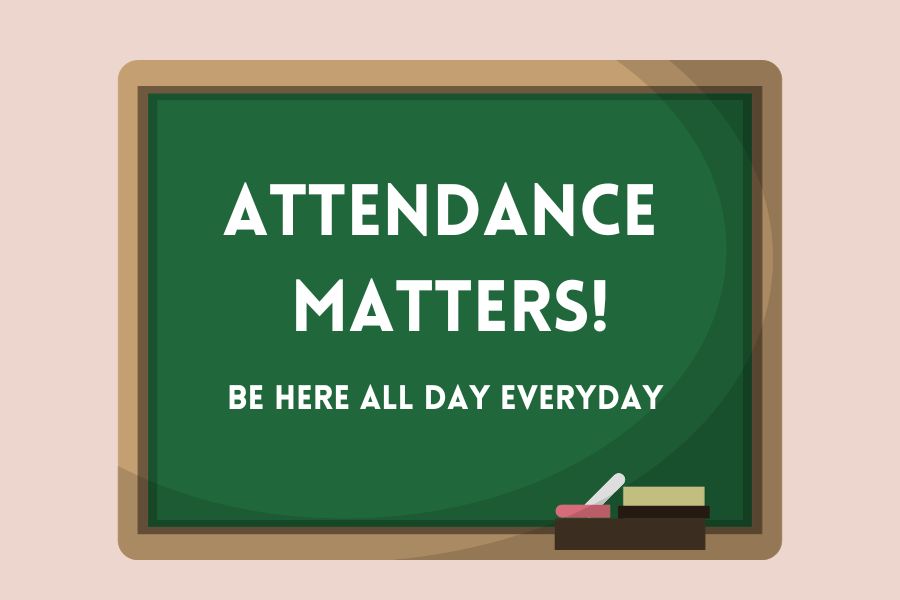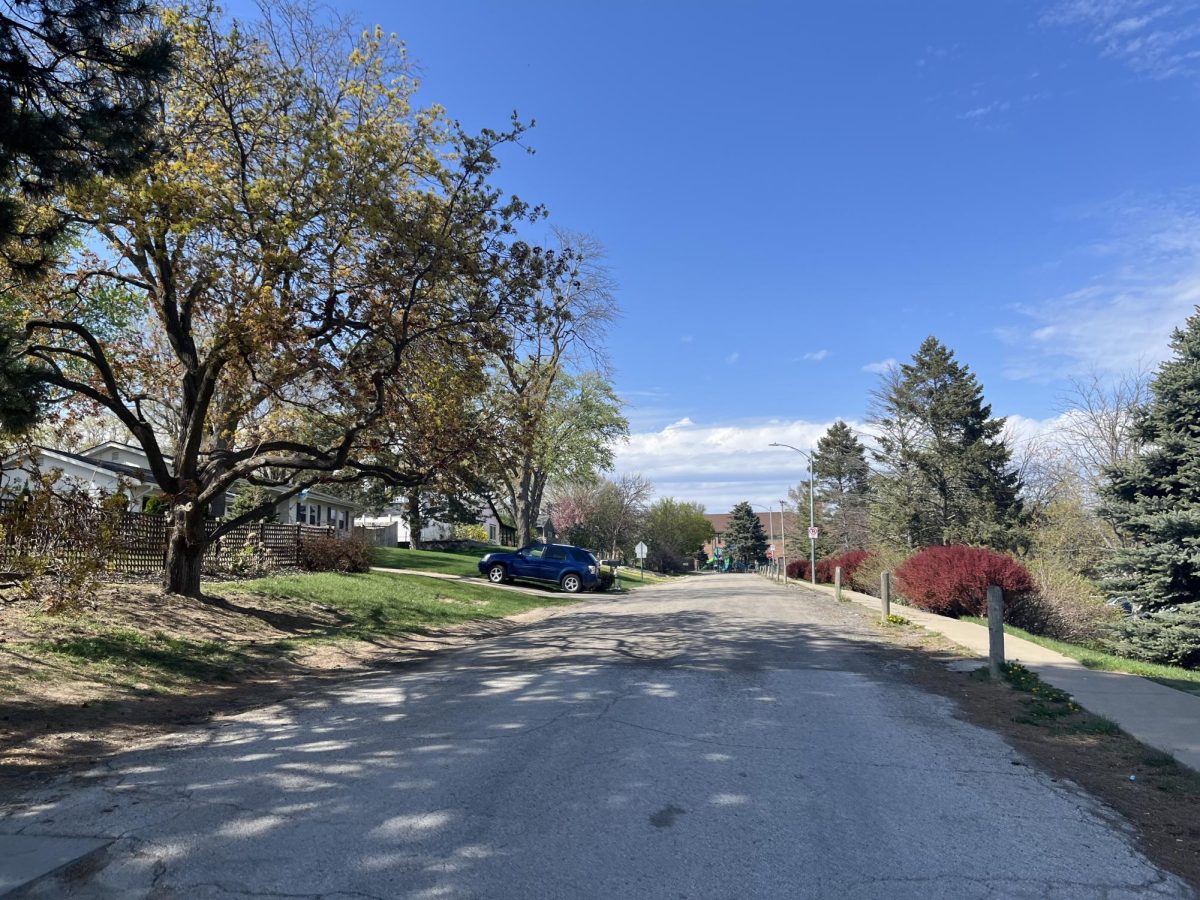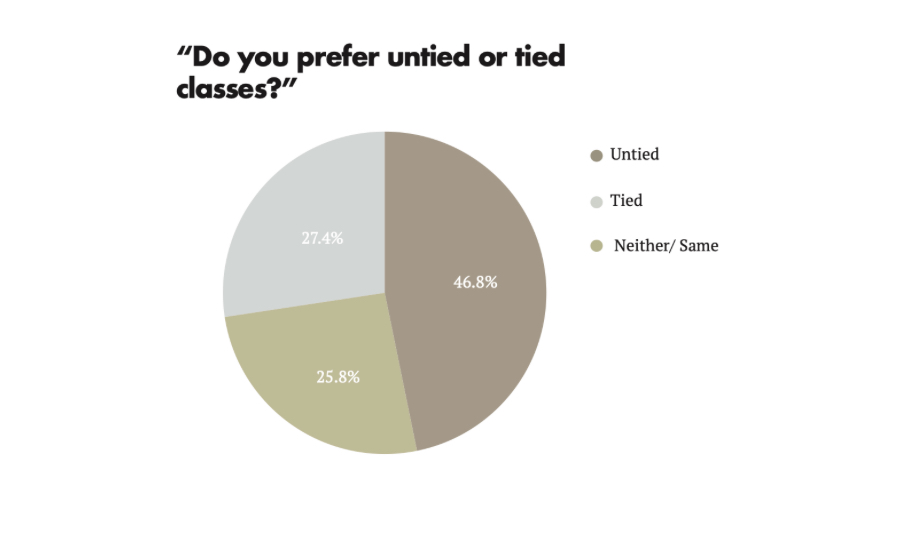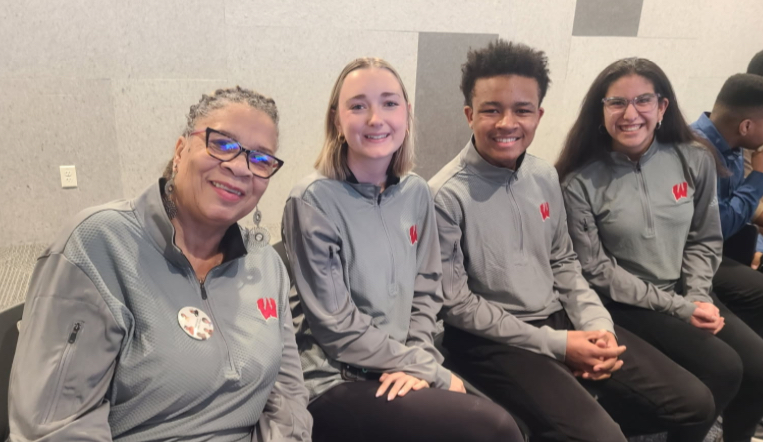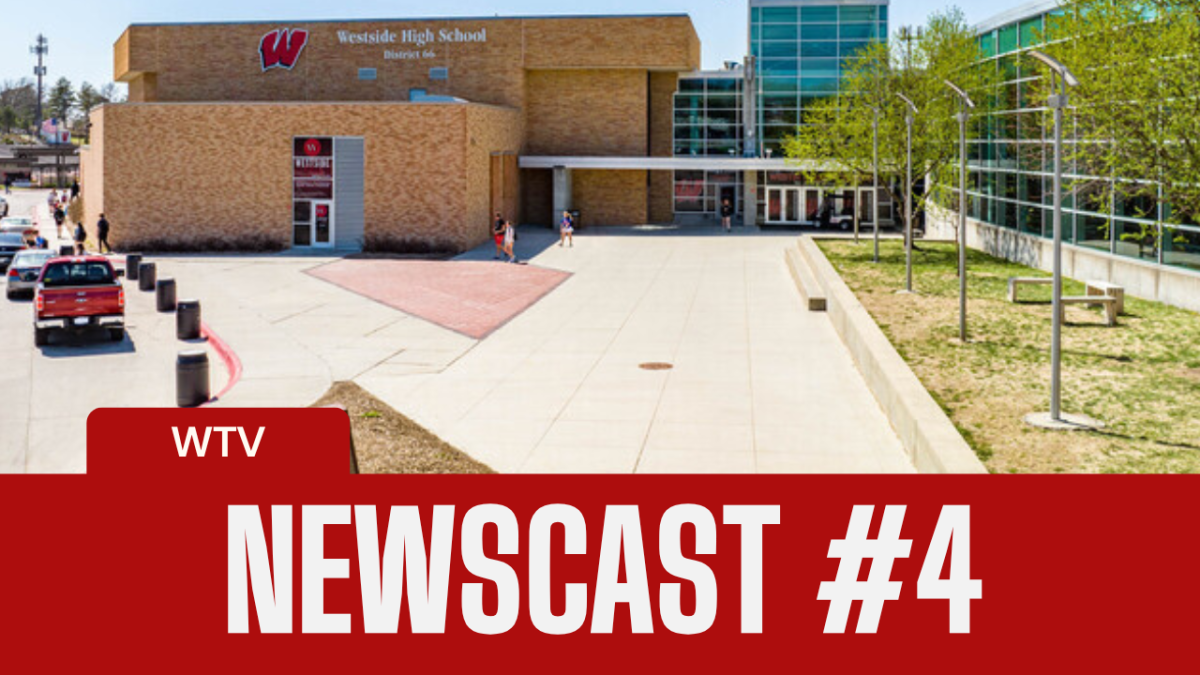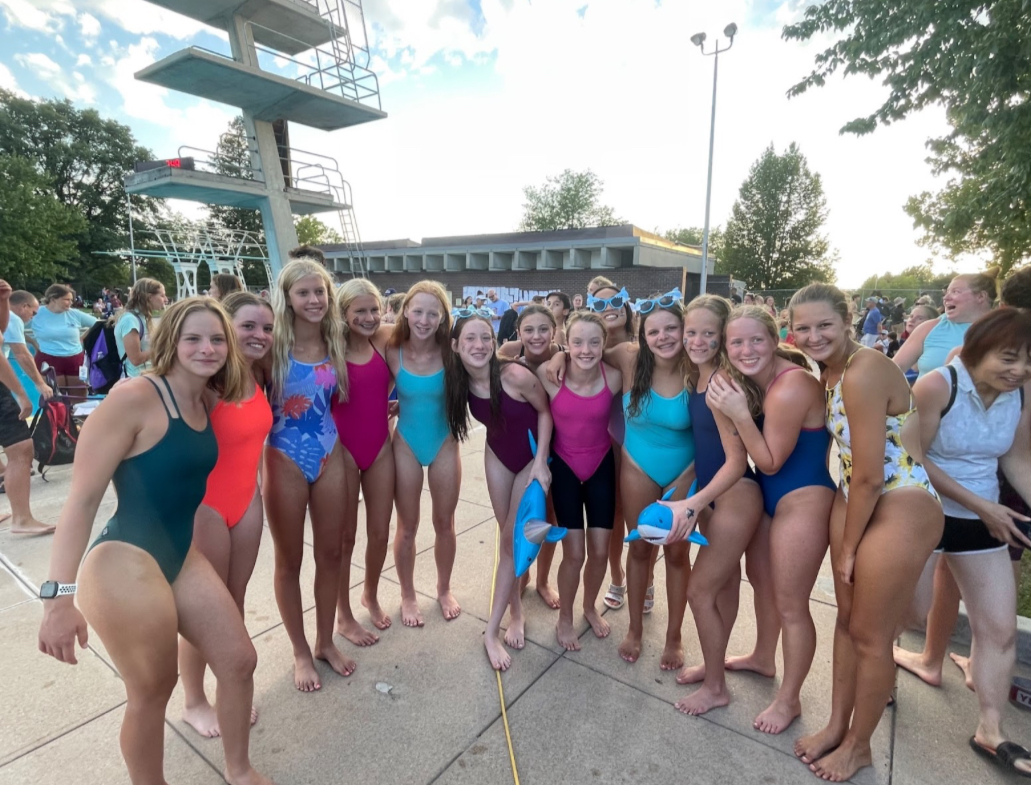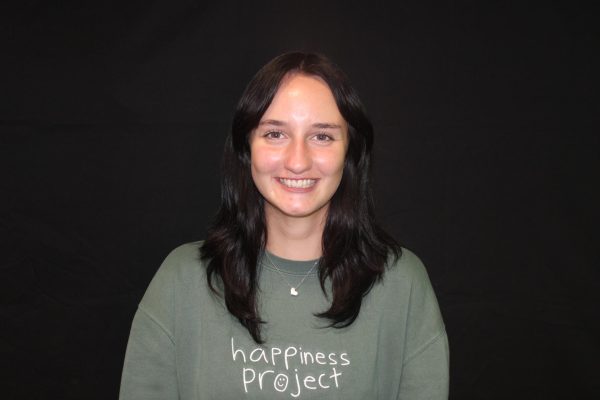Changes to the attendance policy have created quite the stir amongst Westside students and families this school year. Administrators have put an emphasis on eliminating student absences after they saw a decrease in attendance since the Covid pandemic.
Principal Jay Dostal explained that the average student attendance was about 10 percent more before the pandemic.
“I think prior to covid we were hovering around probably 95-96 percent average daily attendance rate and since then we have dipped down to the mid 80s,” Dostal said.
Students and their families have expressed concerns about the changes to the attendance policy, but Dostal says that teachers have a different outlook on the matter.
“I haven’t heard many concerns from teachers, in fact they recognize that attendance has improved in their classes so they are pretty happy with it,” Dostal said. “I’ve heard concerns from students and parents just because there are potential ramifications for poor attendance like the homecoming dance and taking away open campus passes and that sort of thing.”
In regards to the homecoming dance, administration came out with a policy earlier this year that stated if a student had more than 5 absences, they were to be excluded from the event.
Administration’s decision to enforce this policy came from concerns about how well traditional ramifications would actually work.
“Traditional consequences like suspensions or detention are not really motivators but the second you tell someone they can’t go to homecoming or have an off campus pass it’s amazing what happens to behavior,” Dostal said.
Social Studies teacher Jonathan Preister supports the administration’s decision to put an emphasis on attendance, but wasn’t sure how well the homecoming ramification was enforced.
“I think the new focus on attendance is a necessary change,” Preister said. “I think the problem that you always have with the new changes is enforcement. I think the biggest dilemma that the administration has faced is how they’re going to enforce this policy rather than use traditional ways. They went with the whole homecoming approach, I don’t know how successful that actually was though.”
Preister explained that while attendance has gone up, he’s not sure it’s solely because of the homecoming policy. He recognizes that instilling new policies are hard, but wants to see administration take a different approach
“I mean, attendance numbers have gone up, but I don’t know if numbers went up because they were fearful of missing out on homecoming,” Preister said. “You know, I don’t know how many people were actually held out of homecoming. I have not heard of anyone that was. My concern is that the enforcement mechanism they chose, really wasn’t enforced. So maybe those gains that they made will go back in the future. I would like to see the administration enforce the policy in a different way, but it’s also very difficult.”
Some of the students’ concerns with the new policy stemmed from fear that administration would take a hard line approach to distributing consequences, but Dostal explained that they are doing the exact opposite.
“We are really individualizing our approach so that students with health concerns or other circumstances don’t receive consequences as long as we maintain that communication,” Dostal said. “At the end of the day what I’m really happy about is that it has improved communication between home and school on why students are actually missing school.”
In addition to improved communication, Preister added that the increase in attendance will help enrich students’ learning in the classroom.
“In the long run if they can get attendance to matter more to students I think it is going to enrich the classroom environment,” Preister said. “I think some teachers have gotten frustrated because when they do in-depth activities and students are consistently gone, it’s hard to get students caught up on those activities. So, some teachers have opted to go the opposite way and not do activities that are as much of an investment so I think that’s going to change with the policy.”
Preister hopes that the changes to the policy will continue to prove beneficial to Westside.
“We have made strides and are going in the right direction and hopefully those strides will continue,” Preister said.


